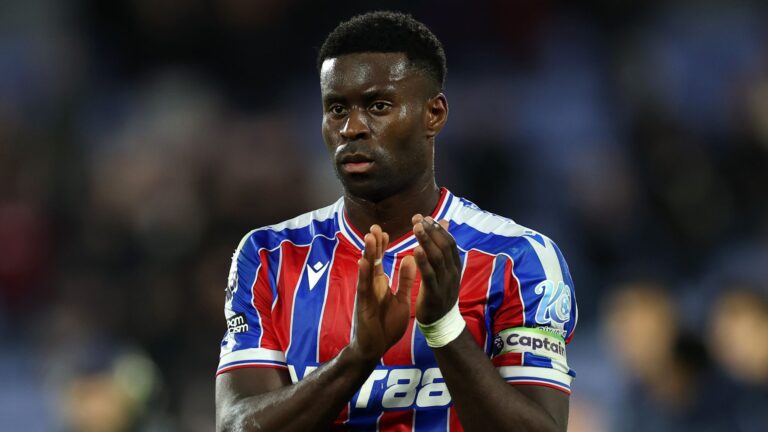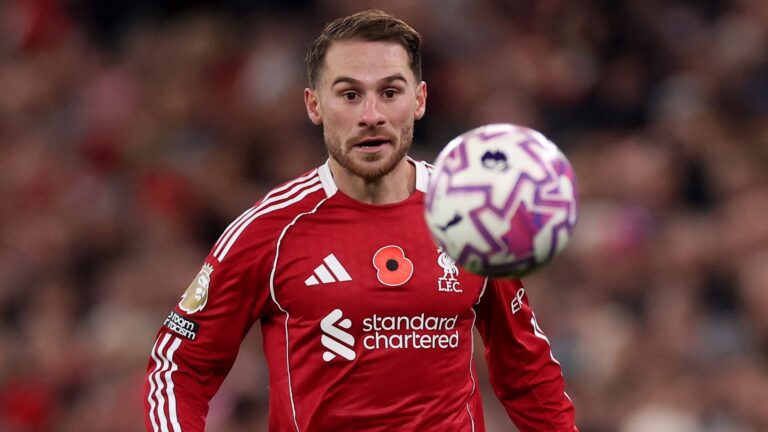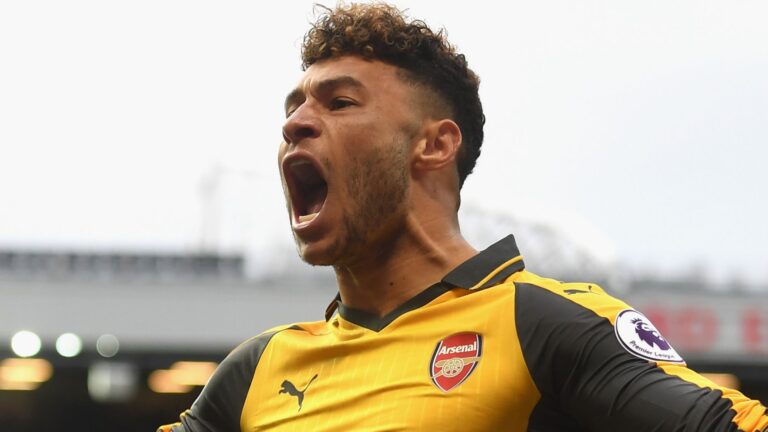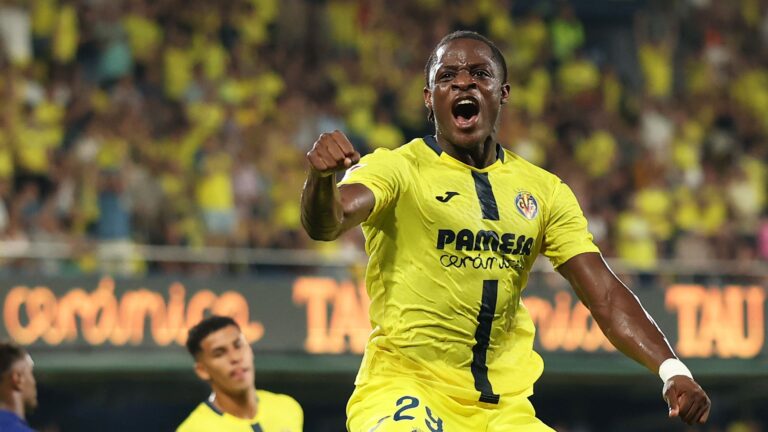Why Harvey Elliott’s No.9 Jersey at Aston Villa Is Igniting Fan Fury
Harvey Elliott and his surprising assignment of the No.9 jersey have turned heads among Aston Villa enthusiasts, shifting attention from his promising arrival to a heated discussion on tradition and team choices. As the young talent joins on loan from Liverpool, this decision challenges long-held customs in football, prompting widespread reactions online.
The Controversy Surrounding Elliott’s Jersey Number
In a move that’s stirring up the fanbase, Aston Villa has opted to give the classic No.9 jersey to a player typically seen in midfield roles, rather than a traditional forward position. This choice has quickly overshadowed the excitement of welcoming a talented English youngster, leading to intense debates about football heritage and player roles.
Fan Outrage on Social Platforms
Online communities are buzzing with discontent as supporters voice their frustrations over this unconventional assignment. One vocal fan, @ctsmclovinya, argued passionately that assigning such a number to anyone other than a striker defies core football principles, no matter the player’s caliber. Another, @_Zeets, expressed exasperation, declaring that using No.9 for a non-forward role has gone too far.
Comments from @wwfc2004 were straightforward and critical, suggesting that the tradition of the number is now compromised beyond repair. Meanwhile, @DOUGLASLUlZ offered a mixed view, appreciating Elliott’s skills while questioning the jersey choice, and even speculating on his potential as one of Villa’s top right-wing players alongside newcomers like Rogers and Sanch.
The most pointed criticism came from @MoloneyBilly, who insisted that this assignment should be restricted to forwards only, highlighting the strength of fan sentiments on the matter.


Elliott’s Aspirations Beyond the Backlash
Achievements and Future Goals
Amid the noise from fans, Harvey Elliott remains focused on his career milestones. Recognized as the standout performer at the European Under-21 Championships held in Slovakia, he sees this transfer as a key step toward securing a spot in Thomas Tuchel’s senior England team for the upcoming World Cup.
In previous statements, Elliott emphasized his determination to excel at the elite level, aiming to earn his place among the national squad and compete on the global stage.
Upcoming Opportunities with Aston Villa
As Elliott prepares for his possible debut against Everton on September 13, he might share the field with another high-profile addition, Jadon Sancho. This combination signals Aston Villa’s shift toward building a squad full of creativity and drive, potentially reshaping their approach in the league.
The Transfer Buzz: Harvey Elliott’s Move to Aston Villa
Background on Harvey Elliott’s Journey
Harvey Elliott, the talented English midfielder known for his pace, vision, and technical skills, has been a key figure in Premier League football since breaking through at Liverpool. Originally rising through the ranks at Fulham, Elliott made waves with his early performances, earning a reputation as one of the brightest young prospects in English football. His Liverpool transfer back in 2019 was seen as a major coup, but fast-forward to 2025, and the football world is buzzing about his latest move to Aston Villa.
Elliott’s development at Liverpool included standout moments, such as his contributions to their Champions League campaigns and domestic cups. However, with squad depth increasing and competition for spots intensifying, a transfer to Aston Villa represents a fresh chapter. This shift has sparked widespread discussion among fans and analysts, particularly around how Aston Villa is integrating him into the team.
The Shirt Number Controversy Unfolds
Aston Villa’s decision to assign Harvey Elliott a new shirt number has drawn significant criticism from fans and pundits alike. Shirt numbers in football often carry emotional weight, symbolizing a player’s identity and legacy within a club. In Elliott’s case, his long association with the number 19 at Liverpool made the choice by Aston Villa feel particularly contentious.
Critics argue that the club overlooked Elliott’s preferences and the traditions tied to certain numbers. For instance, many supporters believe that assigning him a number that doesn’t align with his established identity could hinder his integration and performance. This criticism has been amplified on social media, where fans from both Liverpool and Aston Villa have voiced their opinions, turning the issue into a hot topic in Premier League discussions.
- Key Reasons for the Backlash:
- Historical Significance: Elliott wore the number 19 at Liverpool, a digit that became synonymous with his growth and key goals. Fans feel that Aston Villa’s choice to give him a less iconic number disrespects his track record and could alienate supporters.
- Fan Expectations: Aston Villa’s fanbase has high hopes for Elliott’s impact on the team, especially after his Liverpool transfer. The shirt number decision has been seen as a symbol of poor planning, potentially affecting team morale and player confidence.
- Marketing and Branding Opportunities: From an SEO perspective, shirt numbers can boost player branding in Premier League searches. Critics point out that a number like 19 could have enhanced Elliott’s visibility in Aston Villa merchandise and online content, driving more fan engagement.
- Comparative Precedents: Other high-profile transfers, such as those involving players like Jack Grealish or Philippe Coutinho, saw careful handling of shirt numbers to maintain goodwill. This has led to comparisons, with experts questioning why Aston Villa didn’t learn from past examples.
Fan Reactions and Social Media Storm
The backlash over Harvey Elliott’s new shirt number has created a social media storm, with hashtags like #ElliottToVilla and #ShirtNumberDebate trending on platforms such as Twitter and Instagram. Fans from Liverpool have expressed disappointment, feeling that the change erases part of Elliott’s legacy, while Aston Villa supporters are divided-some see it as a fresh start, others as a misstep.
In discussions around Premier League transfers, experts have highlighted how such decisions can influence player performance and team dynamics. For Elliott, who has already faced challenges with injuries in his career, this controversy adds unnecessary pressure. Analysts suggest that clubs should prioritize player input during these transitions to foster a positive environment.
- How Fans Are Reacting:
- Supportive Voices: Some Aston Villa fans argue that the new number gives Elliott a clean slate, allowing him to create his own legacy at the club.
- Critical Perspectives: Detractors point to surveys and polls on football forums, where a majority indicated that the decision feels tone-deaf, potentially impacting ticket sales and merchandise for the upcoming season.
- Broader Implications: This issue ties into larger debates about player welfare in the Premier League, where every detail, from transfers to shirt numbers, can affect mental health and on-field results.
Impact on Aston Villa’s Strategy and Performance
Aston Villa’s handling of Harvey Elliott’s shirt number reflects broader challenges in their transfer strategy, especially as they aim to compete in the upper echelons of the Premier League. With Elliott’s arrival, the club is looking to bolster their midfield, but this controversy could affect team cohesion and public perception.
Experts in football transfers emphasize the need for clubs to balance tradition with modernity. For instance, ensuring that new signings like Elliott feel valued can lead to better on-pitch chemistry and long-term success. Aston Villa might need to address this through internal reviews or fan engagement initiatives to mitigate the criticism.
- Potential Long-Term Effects:
- Player Development: If the shirt number issue lingers, it could slow Elliott’s adaptation, affecting his contributions in key matches and Premier League standings.
- Commercial Aspects: From an SEO standpoint, optimizing content around Elliott’s new role could help Aston Villa’s digital presence, but only if the controversy is managed well to avoid negative search trends.
- League-Wide Lessons: Other clubs monitoring this situation might rethink their approaches to player transitions, focusing on details like shirt numbers to enhance fan loyalty and brand strength.
Expert Analysis: Why This Matters in Modern Football
In the evolving landscape of Premier League football, player transfers and associated decisions like shirt numbers are scrutinized more than ever. Harvey Elliott’s situation at Aston Villa underscores how these elements can influence not just games, but also fan sentiment and club branding. Pundits have noted that while the criticism might seem minor, it highlights deeper issues around player autonomy and marketing in the digital age.
For teams like Aston Villa, navigating such controversies requires transparent communication and strategic planning. Football enthusiasts following Premier League news are eager for updates on how this plays out, as it could set precedents for future transfers involving young talents like Elliott.









